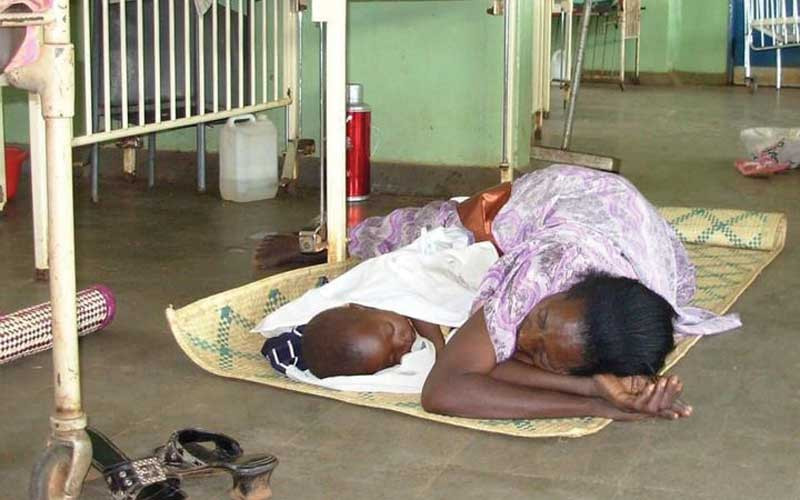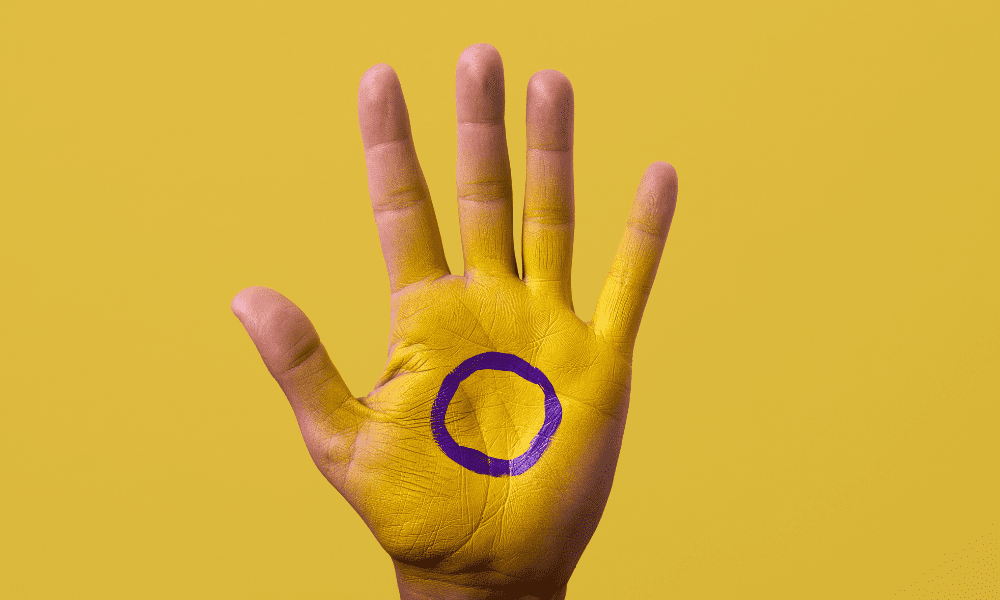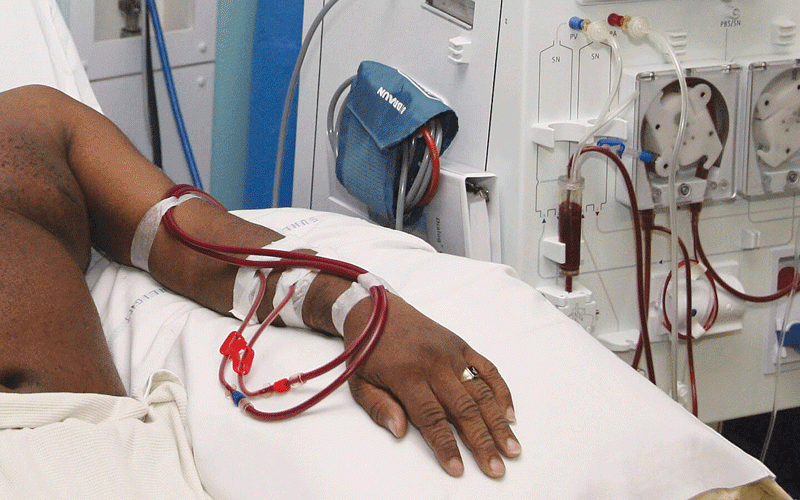
ZIMBABWEANS face a growing health crisis as water contamination spreads across the country with the latest test done by the Upper Manyame Sub-Catchment Council (UMSCC) detecting a cholera causing e.coli bacteria in Harare, Norton and Chitungwiza boreholes.
Upper Manyame Sub-Catchment Council is a statutory water management body in Zimbabwe established by an Act of Parliament under the auspices of the Environment, Water and Climate ministry.
The alarming discovery comes amid a severe cholera outbreak gripping the nation.
As at February 26, 2024, Zimbabwe had 26 189 suspected Cholera cases, 2 702 confirmed cases, 25 448 recoveries, 71 confirmed deaths and 485 suspected deaths, according to latest statistics from the ministry of health.
Boreholes in Harare suburbs such as Mt. Pleasant, Budiriro, Waterfalls, Avondale, Glen View, Lytton Industry, Greendale, Eastlea, Mbare, Eyecourt and Hopley are all contaminated.
The UMSCC issued an urgent public notice alerting residents to take precaution against the contaminated water sources.
“The presence of E-coli indicates potential contamination of the water supply in these areas," the UMSCC warned, highlighting the significant health risk posed by the bacteria, which can cause various illnesses, including cholera.
The statutory body urged residents in the affected areas to "not drink, cook, or wash with untreated water from boreholes or other sources."
- Why we fall for disinformation
- Funding for researchers
- Unpacking environmental laws for real estate in Zimbabwe
- Veld fire management strategies for 2022
Keep Reading
UMSCC recommended: “Treating water with Aqua Tabs before use, boiling all water for at least one minute before consumption, even for brushing teeth or preparing food and getting boreholes tested by accredited laboratories to confirm water safety."
Medical health practitioner Mlungisi Ndebele said the provision of clean water is key in fighting cholera.
“The country is experiencing a cholera outbreak because of lack of clean water, if citizens get clean water, it will reduce transmission levels,” he said.
The UMSCC tests come at a time when Unicef has revealed that about 900 000 people in the country are facing water scarcity.
According to its latest report, the decrease in rainfall due to El Nino effects is likely to exacerbate water scarcity in the country.
Unicef said the situation is compounded by the alarmingly low rate of water treatment within households thus amplifying the risks associated with waterborne diseases.
The report said the country will experience livelihood loss and disruption of essential services like healthcare and access to nutritious food due to the looming drought.
The report also warned that malnutrition remains a major public health concern in Zimbabwe, with a quarter of all children experiencing stunting due to inadequate dietary intake.
Previously, the government was accused of failing to provide funds for the purchase of water treatment chemicals to avert a water crisis in Harare and stop the spread of cholera.
Contaminated water is a breeding ground for waterborne diseases.











